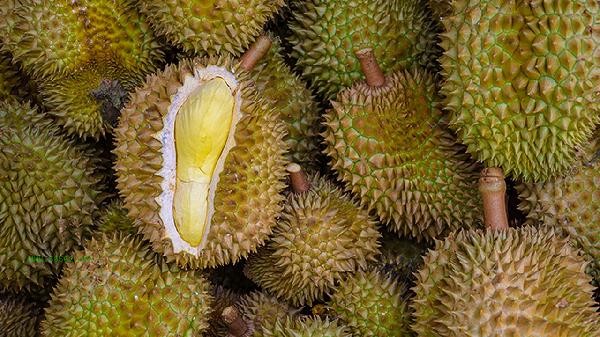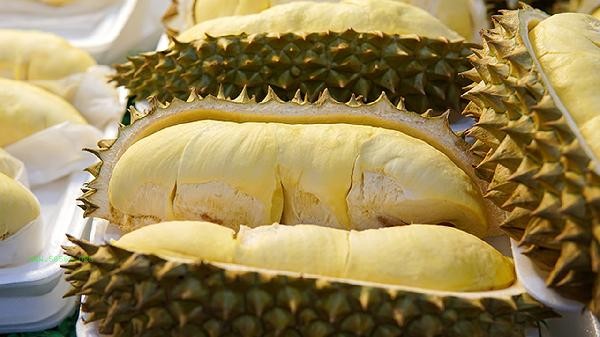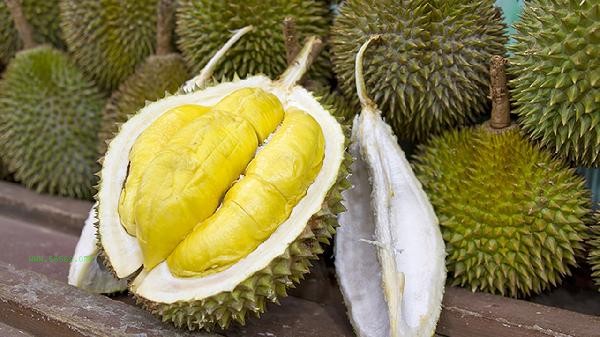When purchasing durian, it is usually weighed with the shell, and some merchants may provide weighing services after peeling the shell. Durian weighing with a shell is a common practice in the market. When peeling and weighing, attention should be paid to the freshness of the fruit flesh and hygiene conditions. Durian, as a tropical fruit, has a hard and thick outer shell with a high weight ratio. Selling it with a shell can better protect the integrity of the flesh. Traditional fruit markets commonly use shell weighing methods, as the outer shell can avoid transportation losses and extend the shelf life. Some high-end supermarkets or online platforms may provide on-site skinning services, but attention should be paid to the consequences of skinning. Meat exposed to the air is prone to oxidation and spoilage, and the skinning process may cause moisture loss and affect the actual weight. When consumers choose to peel and weigh, it is recommended to observe whether the operating environment is hygienic and confirm that the fruit pulp has no fermentation taste or discoloration.

Some Southeast Asian countries have the habit of selling the peeled fruit according to the weight of the pulp, but it is relatively rare in China. When peeling and weighing, the difference in the proportion of fruit shells should be considered. The shell thickness of different varieties of durian varies significantly. The shell weight of Golden Pillow durian accounts for about 40%, while that of Cat Mountain King may only be 30%. If merchants provide shell stripping services, they usually adjust the unit price to balance costs. When purchasing, the ripeness can be determined by pressing the fruit thorn to avoid incomplete softening of the flesh due to premature peeling and affecting the taste.

When choosing durian, it is recommended to prioritize fruits with shells to ensure freshness and cost-effectiveness. If you need peeling services, you should choose a reputable merchant and request on-site operation, paying attention to checking the color and odor of the fruit pulp. Unopened durians can be stored at room temperature for 2-3 days. The peeled flesh should be refrigerated and consumed within 24 hours. Special groups such as diabetes patients should control the consumption and avoid taking too much sugar at one time.










Comments (0)
Leave a Comment
No comments yet
Be the first to share your thoughts!